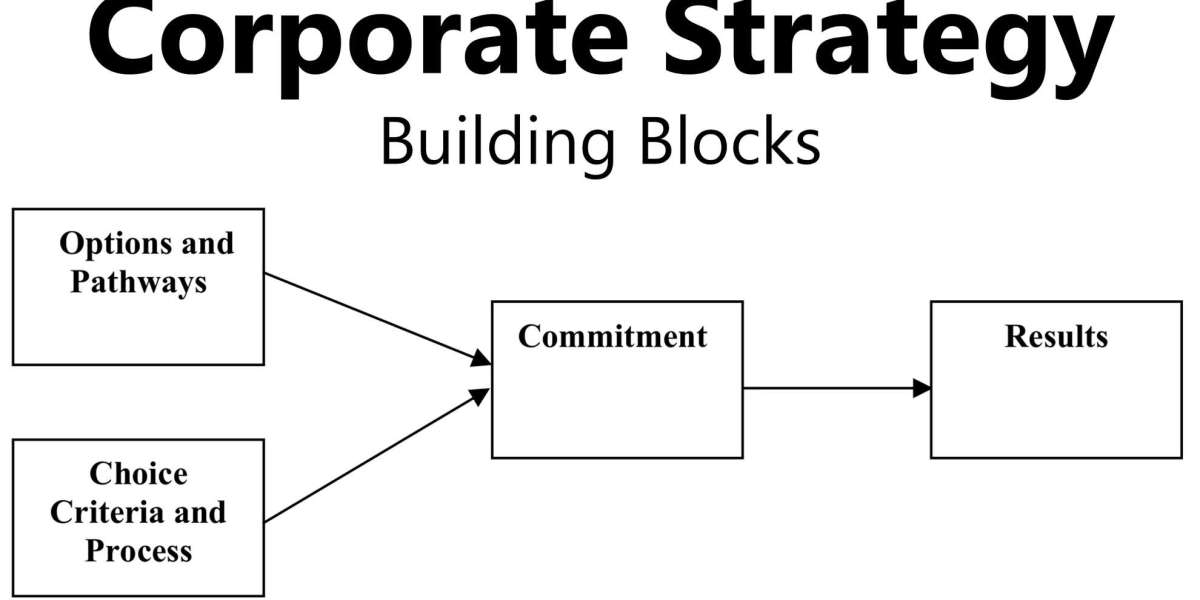Dealing with the Internal Revenue Service (IRS) is rarely pleasant, especially when you receive a letter stating that penalties have been assessed against you. These penalties can be financially crippling and emotionally exhausting, and often arise from honest mistakes such as missing a deadline, failing to file, underreporting income, or misinterpreting complex tax codes. Fortunately, you don’t have to face these challenges alone. With professional help with IRS penalties, it’s possible to reduce or even eliminate the penalties entirely, depending on your circumstances and the legal strategies available to you.
IRS penalties typically fall into a few main categories: failure-to-file, failure-to-pay, accuracy-related penalties, and information return penalties. Each of these comes with different rules, amounts, and consequences. For example, failure-to-file penalties can accumulate at 5% of the unpaid tax per month, up to a maximum of 25%, while failure-to-pay penalties accrue at a rate of 0.5% per month. This means that even a short delay in filing or paying can lead to substantial financial consequences. The longer the issue remains unresolved, the more burdensome it becomes.
One of the most common and effective ways to obtain help with IRS penalties is by filing a request for penalty abatement based on “reasonable cause.” This legal provision allows the IRS to forgive penalties if the taxpayer can demonstrate that their noncompliance was due to circumstances beyond their control. Examples include serious illness, natural disasters, reliance on incorrect professional advice, or inability to access necessary records. The key is that you must have acted in good faith and made reasonable efforts to comply with tax obligations.
Crafting a strong reasonable cause statement requires legal precision. You need to clearly outline the circumstances that led to the problem, provide a timeline of events, and include documentation to support your claims—such as hospital records, insurance claims, correspondence with tax professionals, or proof of disrupted services. While individuals may attempt to do this on their own, the success rate significantly improves when you work with a seasoned tax attorney who can present your case in a way that aligns with IRS standards and expectations.
Another legal avenue for relief is the First-Time Penalty Abatement (FTA) program. This is available to taxpayers who have a clean compliance history for the past three years and are being penalized for the first time. If eligible, you can request FTA for penalties related to failure-to-file, failure-to-pay, or failure to deposit. Many taxpayers are unaware of this program and miss the opportunity to eliminate penalties they didn’t need to pay in the first place. Professional help with IRS penalties includes identifying whether you qualify for this or any other relief program.
Sometimes, the IRS assesses penalties due to unfiled or incorrectly filed information returns such as Form 3520 (foreign gifts and trusts), Form 5471 (foreign corporations), or FBAR (foreign bank accounts). These penalties are often shocking—starting at $10,000 per violation—and can be assessed even when no taxes are owed. Many taxpayers only learn about these requirements after receiving a penalty notice. If this happens to you, there is still a way forward. A well-crafted reasonable cause defense can be submitted explaining the lack of awareness and emphasizing good faith. Once again, the quality and structure of your response matter greatly, which is why involving a tax attorney is highly recommended.
IRS penalties also come into play in audits. If you’ve been audited and the IRS determines that you substantially understated income or claimed improper deductions, they may impose accuracy-related penalties—usually 20% of the underpayment amount. A tax attorney can contest these penalties by reviewing the audit report, identifying errors in the IRS’s reasoning, and negotiating with the auditor or appeals officer. Legal support often leads to reduced assessments or even complete removal of the penalty.
For taxpayers in severe financial distress, the IRS offers another type of relief through Currently Not Collectible (CNC) status. While this doesn’t erase your tax debt, it does stop all collection efforts, including wage garnishments and bank levies. If you qualify, the IRS will temporarily suspend enforcement and reconsider your case in the future. During this time, penalties may still accrue, but working with a tax attorney can help you later pursue penalty abatement or an Offer in Compromise (OIC)—a settlement that allows you to pay less than you owe.
When it comes to dealing with the IRS, one of the biggest advantages of getting professional help with IRS penalties is peace of mind. The IRS has enormous power and resources. They can seize property, freeze accounts, garnish wages, and more. But with proper representation, you’re not alone in the fight. A tax lawyer acts as your legal shield—handling communication with the IRS, managing your paperwork, and building the strongest possible case for relief.
Confidentiality is another major reason to work with a tax attorney. Unlike other tax professionals, attorneys are bound by attorney-client privilege. This means that all your discussions are legally protected and cannot be disclosed, even under legal pressure. This protection is particularly important if your case involves significant mistakes, past omissions, or other potentially sensitive issues.
At Adhami Tax, clients receive personalized and strategic legal assistance tailored to their unique circumstances. Whether you’re an individual with unexpected penalties or a business facing IRS scrutiny, the firm provides in-depth analysis, complete document preparation, and aggressive representation. Their experience includes dealing with federal and state tax agencies, negotiating with IRS agents, and achieving successful outcomes in even the most complex cases.
If you’ve received a penalty notice from the IRS, the worst thing you can do is ignore it. Penalties don’t go away on their own. They accumulate over time, and the IRS will eventually escalate its efforts to collect. Taking swift and professional action is your best defense.
Getting help with IRS penalties isn’t just about removing fines—it’s about protecting your financial future, restoring your peace of mind, and ensuring you’re not unfairly punished for honest mistakes. The U.S. tax system is complex, and the IRS is known for enforcing rules rigidly. But the law also provides ways to fight back—and with the right help, you can do exactly that.
Whether you're dealing with a one-time issue or a long-term tax problem, working with a legal professional gives you the tools to resolve your situation the right way. Contact Adhami Tax today and take the first step toward freedom from IRS penalties and a more secure financial future.






